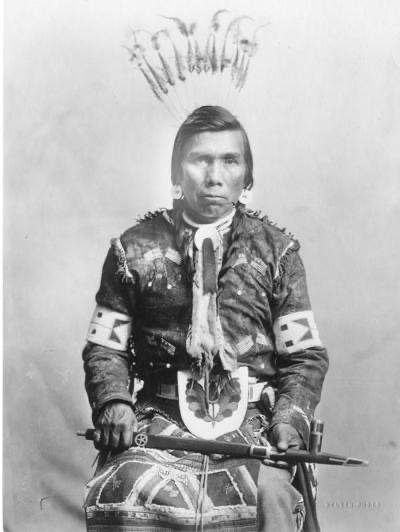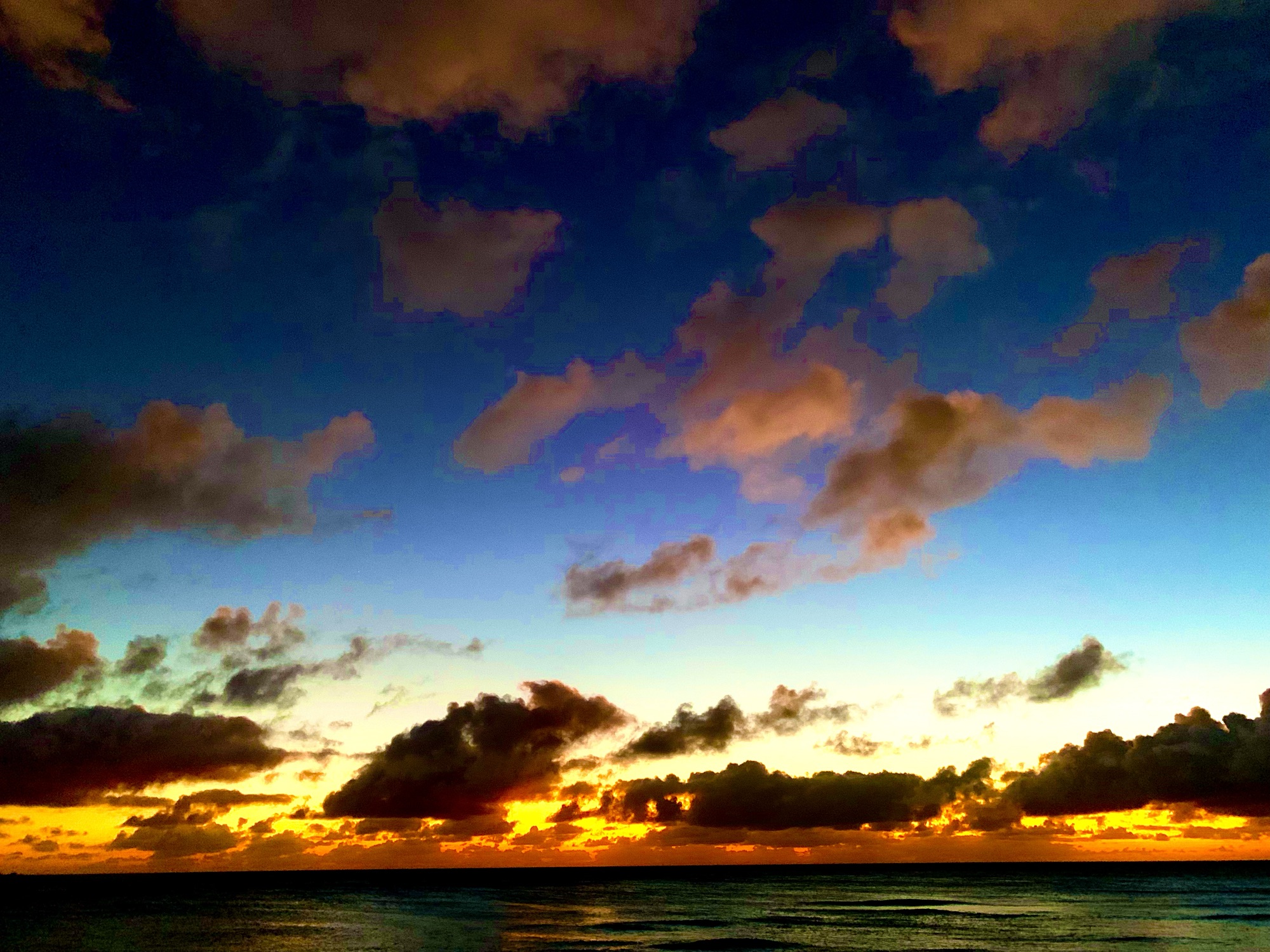Elizabeth Ann Kronk Warner has posted “Sovereignty Over Box Checking: Effective Tribal Consultation Leading to Consent,” forthcoming in the Florida State University Law Review, on SSRN.
Here is the abstract:
In light of the federal government’s willingness to consider new methods of tribal consultation, this article builds on previous scholarly work by arguing that the goal of tribal consultation should be consent. This conclusion is buttressed by tribal treaty language, the federal trust relationship, and the dictates of the FPIC requirement. The federal government should adopt language suggesting that consent is the goal unless not legally possible. Federal officials must be educated on tribal sovereignty, treaties, and the federal trust relationship. Consultation must begin as soon as possible in the decision-making process. Tribes should be engaged to better understand how they wish to participate in consultation. Federal officials must collaborate with their tribal counterparts in a bilateral, respectful way. And, in addition to the federal government, it may also be in the best interest of third parties, such as corporations, to assist tribes and the federal government in finding effective and meaningful consultation, as failure to do so could prove costly. Incorporating these recommendations will hopefully move us away from the broken status quo toward meaningful, legal consultations leading to consent in most instances – promoting tribal sovereignty over box-checking.









You must be logged in to post a comment.